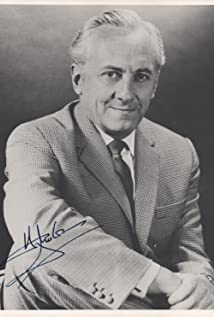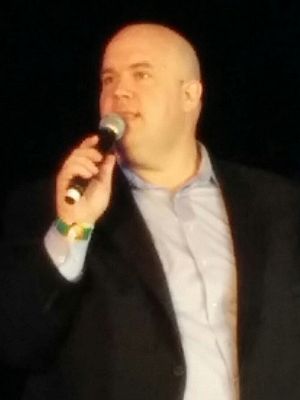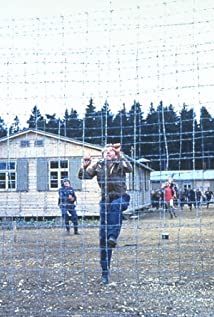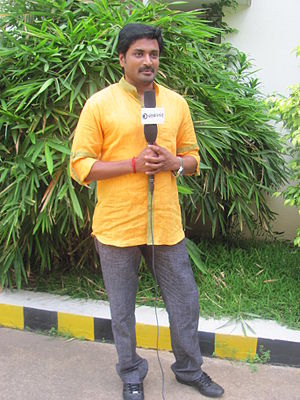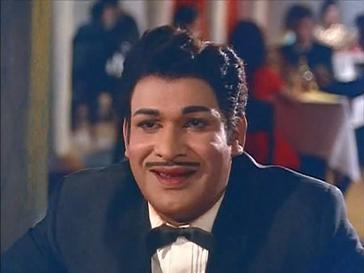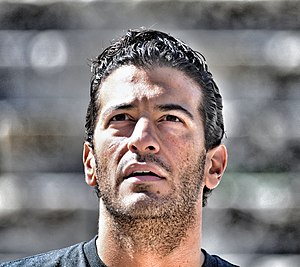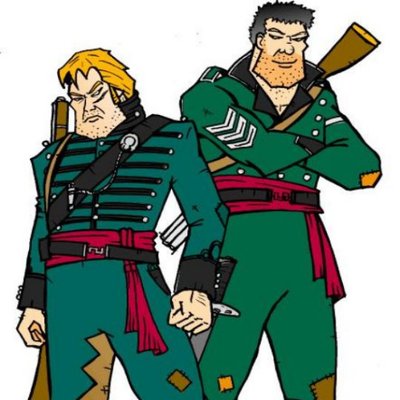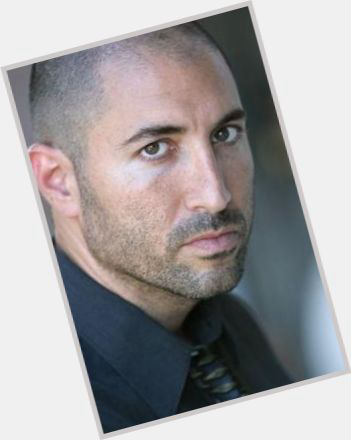It has been suggested that Green believed that Harold Wilson and his Labour government were communists, that Prince Philip, Duke of Edinburgh, should replace Wilson as leader of the country and, to that end, he used Opportunity Knocks as an end-of-year soapbox, telling the country at the end of 1974 to 'wake up!' Two years later, in December 1976, Green recited a monologue about the state of the United Kingdom, followed by a choir singing "Stand Up and Be Counted", with the words coming up in subtitles: "Stand up and be counted, where the managers manage and the workers don't go on strike".


